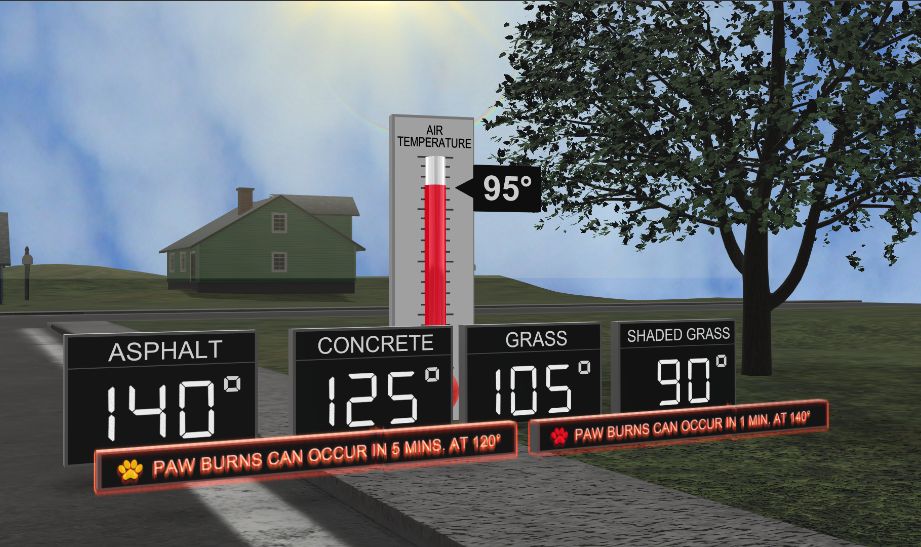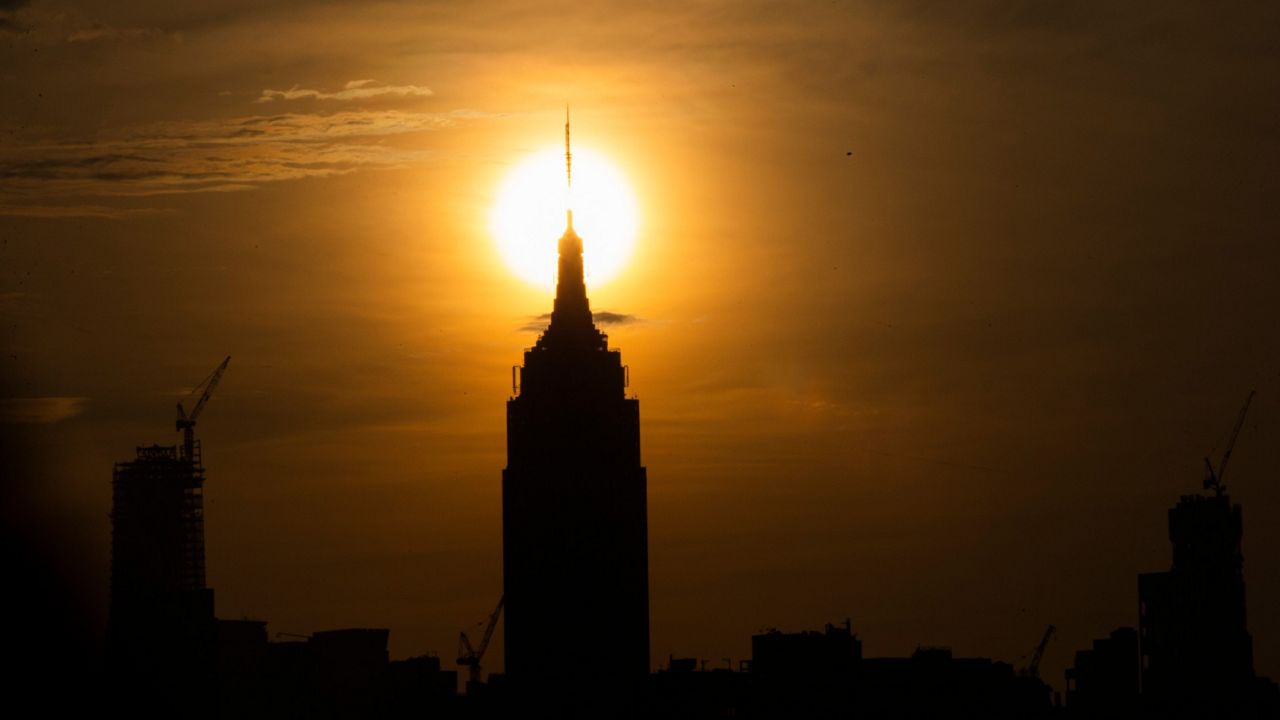Sizzling temperatures are taking hold and forecasters expect a lot of heat this summer.
90-degree temperatures don’t always wait until the official start of the summer in New York City and this year is no exception. We already had two 90-degree days in May.
In a typical summer, New York City sees about two weeks' worth (15 days) of 90 degrees or warmer. Lately, we’ve been seeing more. 9 out of the past 11 years were at or above the average.
The official summer outlook from NOAA calls for above-normal temperatures overall. This will continue the trend that we saw last summer when most of the city was sizzling. However, some parts of the city were hotter than others.
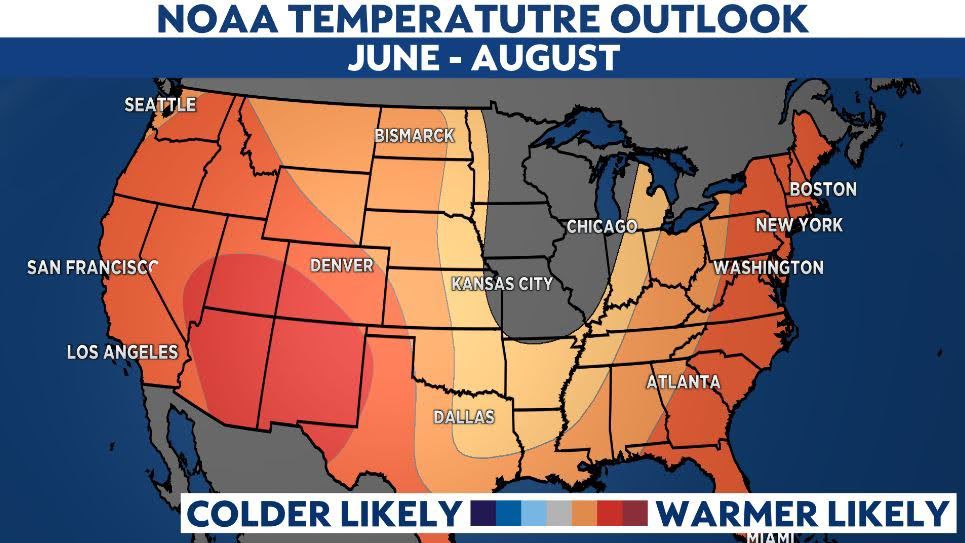
The last several years have been hotter than average. Of the past 11 years, 9 of them had at least 15 degree days of 90 or hotter. In those years, 2010 had the most 90-degree days with 37. The most on record in New York City was 39 in 1993 and 1991. The fewest was just one day in 1902.
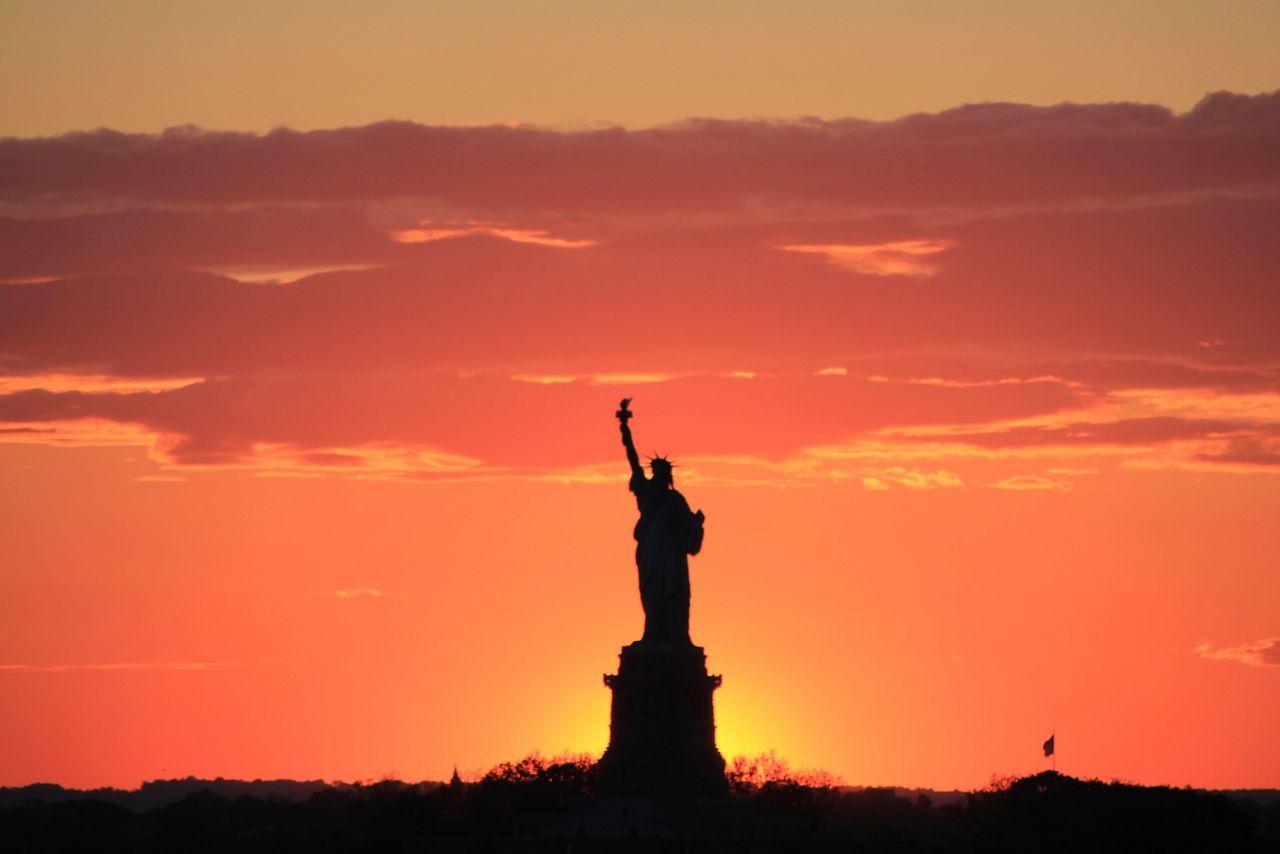
Looking back at last summer, the Big Apple was baking, but just how hot it got depended on where you were. There was a large difference in the count of 90-degree days between the three official weather stations in the city. In shady Central Park, 20 days had readings rose to 90 or more. Meanwhile, LaGuardia Airport totaled 34 days. At JFK, which is right on the Atlantic Ocean, the tally for 2020 had just 12 days of 90-plus.
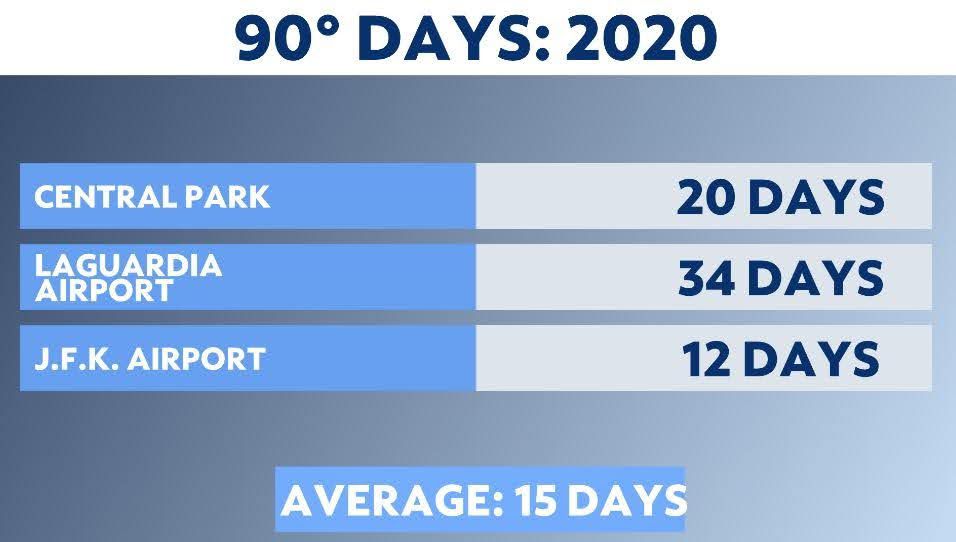
Be ready for the heat this summer. You should follow all the common sense heat tips such as drinking extra water and avoiding exercise during the afternoon heat. Also, be aware that poor air quality often accompanies heat outbreaks and can affect people with breathing issues like asthma.
Finally, don’t forget the pets. They feel the heat, too. They should get extra water and shorter walks, and be careful of walking them on hot pavement. They can burn their paws on a hot street or sidewalk in as little as five minutes.
